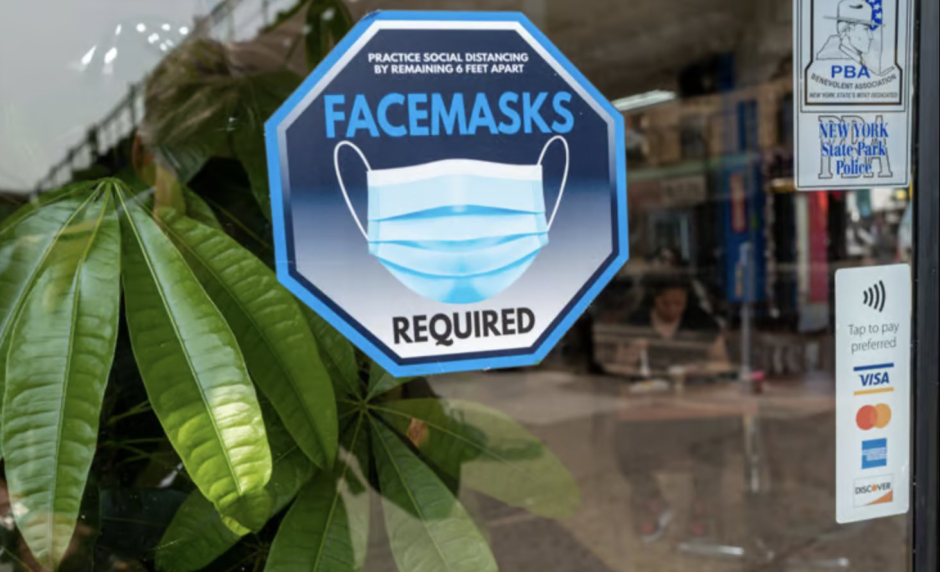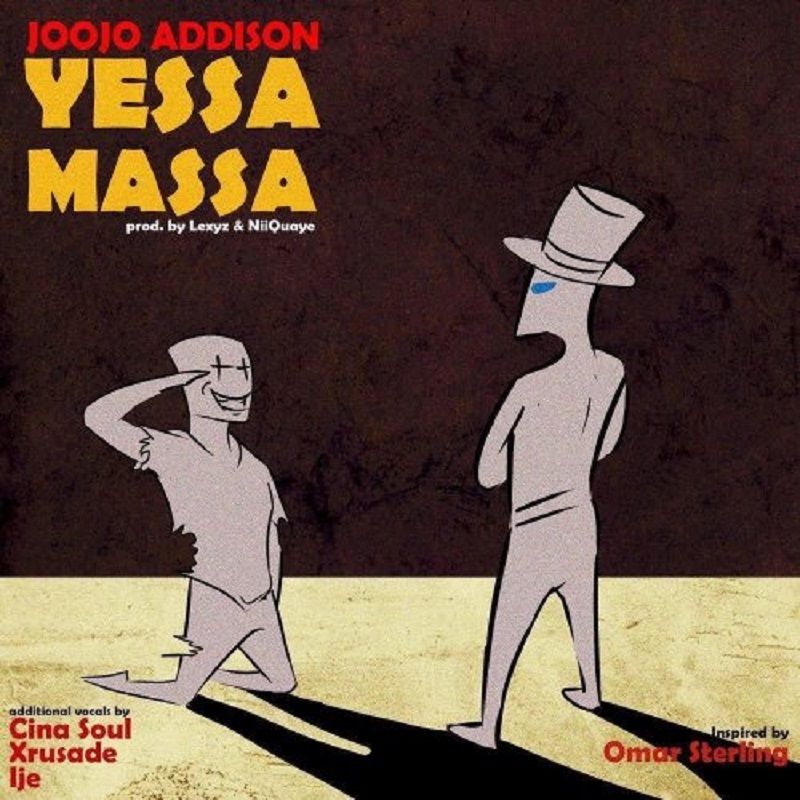By Eric Peters
December 26, 2024
It is freeing - literally - to not have to come up with the average (with good credit!) $734 monthly new car payment (as of 2024).
But it's not just that.
They - the lenders and those who rely on your willingness to buy this much debt - don't want you to think about what else comes along for that ride, in addition to that monthly payment.
The insurance payment, for instance.
If you're financing - that is, if you are borrowing - you also be paying for full-coverage policy that is based on the full replacement cost of the vehicle.
This is entirely reasonable - and justifiable - from the standpoint of the lender, who is in fact the actual owner of the vehicle you're making payments on every month. (If you doubt who the actual owner is, irrespective of the name on the title, see what happens when you stop making those payments on what isn't your vehicle until after you've paid off what you owe on it.)
If you wreck their vehicle, the lender would be left holding the bag. Hence the requirement - a condition of the loan and your conditional possession of what is not your vehicle in fact - irrespective of the etymological fiction - that you pay for a policy that will pay out whatever it takes to either repair the vehicle or replace it.
How much does that cost?
How about roughly $2,500 per year - on average? That's - roughly - another $200 per month you'll be paying, rounding out to just shy of $1,000 per month.
That used to be roughly enough to just about cover a mortgage on a modest single family home. It is still enough to cover about half the cost of a monthly mortgage payment on a modest single family home. Which explains why so many people cannot afford to make the monthly mortgage payment on a modest single family home anymore. How many can afford to pay roughly $2,000 a month for the mortgage and $1,000 (roughly) more for a new car payment plus the cost of insuring it?
That's $36,000 per year - or roughly about half the average household income in this country. It doesn't leave much for groceries - or gas - does it?
If you do own your vehicle, not only aren't you making monthly payments, you can choose to pay less for insurance as well. Because you can choose to buy minimum, liability-only coverage. Regardless, you'll pay much less to insure an older vehicle with a lower replacement cost than a new vehicle. So, zero monthly car payments - and perhaps only $500 annually in insurance payments.
Some states also have what are styled "personal property taxes" on vehicles that are - like insurance - are based on the value of the vehicle. The newer it is, the more expensive the tax is. This tax can add another couple hundred per month to the cost of owning - that is, making payments on - a new vehicle you don't actually own yet.
But even if you are fortunate enough to not live in a state that taxes you each year just for owning a vehicle (so as to render ownership a farce, since even after you pay off the loan you must still pay the government for as long as you don't actually own the car in order to be allowed to retain use/possession of it) the cost of those other payments is still so high very few can afford it.
Even if they can make the payments. Wait. Allow me to explain that one.
The opportunity cost of making all those payments - for years, in most cases - is extravagantly high. What else might you have done - what else might you not have had to do - if you didn't have to come up with roughly $1,000 bucks each month to pay for the car you don't actually own yet?
During the mass-panic event still referred to by pretty much everyone as "the pandemic," those in debt - who lived with the knowledge that another payment was coming due at the beginning of the next month - were in a tough position when told by their employer that they'd have to wear a "mask" if they wanted to come to work. And if they refused? No more job! Then no more car, either. And very possibly, no more roof (or food) either.
But when you don't owe anyone any money, you don't need as much money and you aren't owned. You can get by without that job because you have time to find another - and you'll still be eating (and indoors) in the meanwhile.

You'll also be able to take advantage of unexpected opportunities that come up because you'll have the money to take advantage of them. If you haven't had to pay $1,000 each month for even five months, say, you will have roughly $5,000 more in hand to pay for whatever you'd like. Maybe a nice vacation. Maybe a new water heater. The latter being one of those unexpected expenses that always seems to come up when you haven't got the money to pay for it. They often lead to cascading debt because if you can't pay cash for the new water heater - because you've got to pay that monthly payment - you'll have to put the water heater on the card and then make monthly payments on that, too.
What often happens next is something else - and then that goes on the card, too. And before you know it, you're owned by the credit card companies and you don't even own the car you're still making payments on.